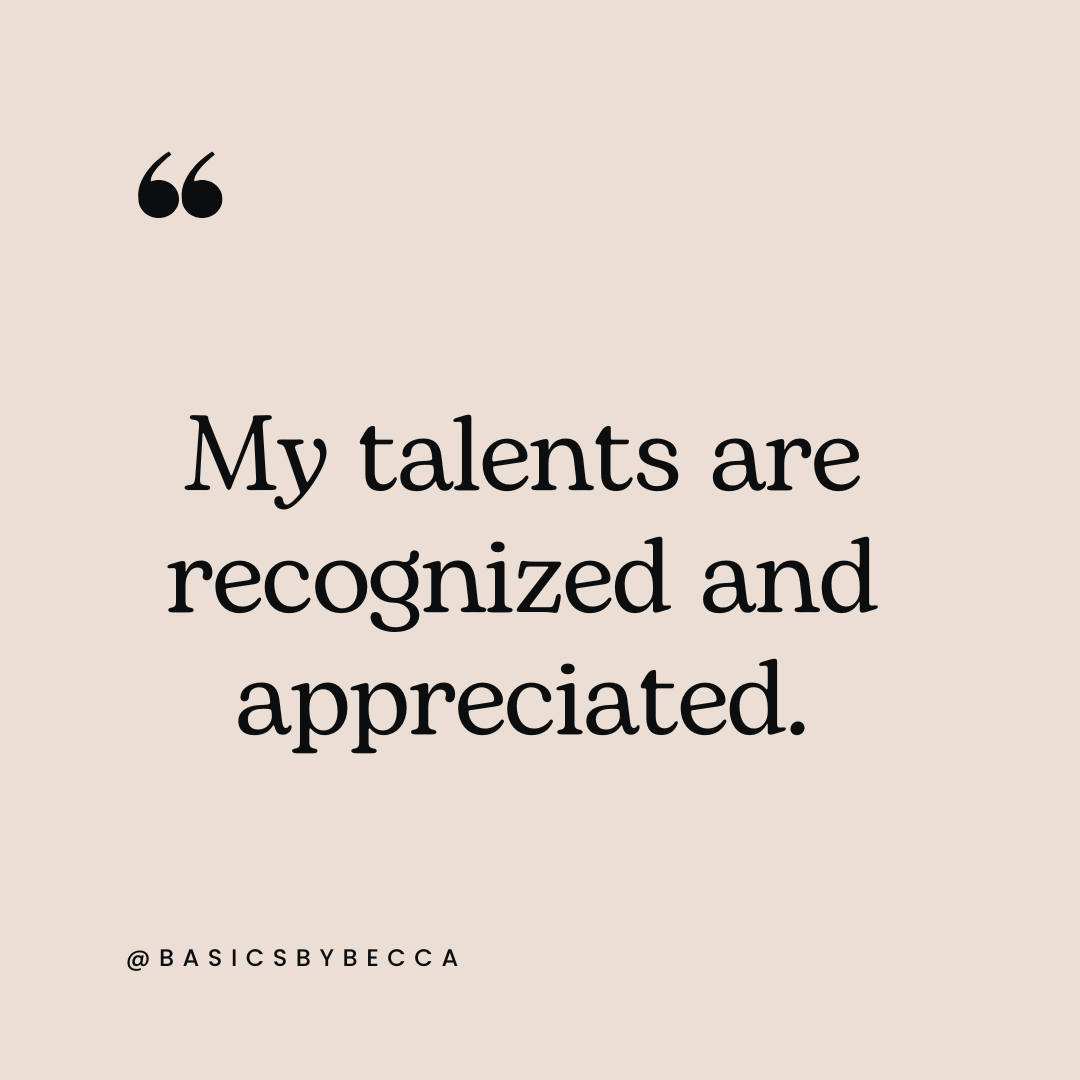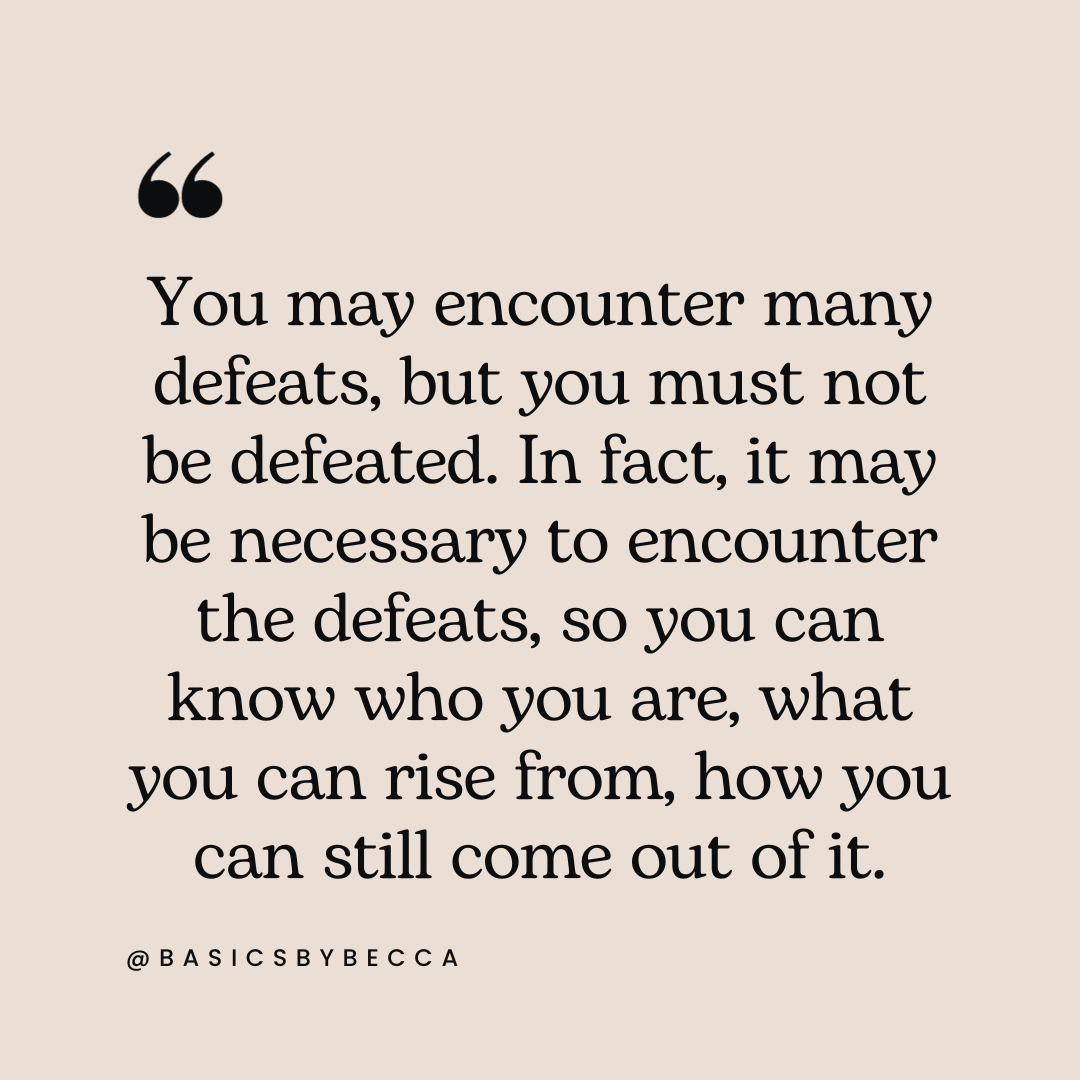Understanding Your Current Situation
Before creating a 5-year plan, it's important to understand your current situation. This includes evaluating your personal and professional life, identifying your strengths and weaknesses, and assessing any obstacles that may hinder your progress.
Personal Life
Take some time to reflect on your personal life and identify what's important to you. This could include your relationships, health, hobbies, and personal goals. Consider how these aspects of your life may impact your ability to achieve your 5-year plan.
Professional Life
Evaluate your current career and identify your strengths and weaknesses. Consider what skills and knowledge you need to develop to advance in your career. This could include taking courses, attending conferences, or seeking mentorship.
Strengths and Weaknesses
Identifying your strengths and weaknesses is crucial to creating a realistic and achievable 5-year plan. Consider what you excel at and what areas you need to improve upon. This could include technical skills, communication skills, or time management.
Obstacles
Assess any obstacles that may hinder your ability to achieve your 5-year plan. This could include financial constraints, lack of resources, or personal challenges. Consider how you can overcome these obstacles and develop a plan to address them.
By understanding your current situation, you can create a 5-year plan that is realistic, achievable, and tailored to your personal and professional goals.
Identifying Your Personal and Professional Goals for Your 5-Year Plan
Creating a 5-year plan requires identifying personal and professional goals. This section will discuss how to identify these goals and break them down into long-term and short-term goals.
Long-Term Goals
Long-term goals are the big picture goals that you want to achieve in your personal and professional life. These goals should be specific, measurable, achievable, relevant, and time-bound (SMART). To identify your long-term goals, consider what you want to achieve in the next 5 years. Write down your goals and make sure they align with your values and aspirations.
For example, a personal long-term goal might be to buy a house in the next 5 years. A professional long-term goal might be to become a manager in your current company. Once you have identified your long-term goals, break them down into smaller, more manageable short-term goals.
Short-Term Goals
Short-term goals are the stepping stones to achieving your long-term goals. These goals should also be SMART and help you make progress towards your long-term goals. To identify your short-term goals, consider what you need to do in the next year to achieve your long-term goals.
For example, if your long-term goal is to buy a house, your short-term goals might include saving money for a down payment, improving your credit score, and researching neighborhoods. If your long-term goal is to become a manager, your short-term goals might include taking on more responsibilities at work, networking with colleagues, and improving your leadership skills.
Creating Your Five-Year Plan
Creating a five-year plan can be a daunting task, but it is an essential step in achieving your long-term goals. Here are some tips to help you create a plan that works for you.
Year by Year Breakdown
Breaking down your plan into yearly increments can help you stay focused and motivated. Start by thinking about where you want to be in five years and work backward, creating milestones for each year. Consider what steps you need to take to achieve each milestone and what resources you will need to get there.
For example, if your goal is to start your own business in five years, you might set the following milestones:
Year 1: Conduct market research and develop a business plan
Year 2: Secure funding and launch your business
Year 3: Build your customer base and establish your brand
Year 4: Expand your product line or services
Year 5: Achieve profitability and consider expansion opportunities
By breaking down your plan into smaller, achievable goals, you can stay motivated and track your progress over time.
Setting Milestones
Setting milestones is an important part of creating a five-year plan. Milestones are specific, measurable goals that you can use to track your progress and stay on track. When setting milestones, it's important to be realistic and specific.
For example, if your goal is to save $50,000 for a down payment on a house in five years, you might set the following milestones:
Year 1: Save $10,000
Year 2: Save an additional $10,000
Year 3: Save an additional $10,000
Year 4: Save an additional $10,000
Year 5: Save an additional $10,000
Breaking down your goal into smaller, achievable milestones can help you stay motivated and track your progress over time.
In summary, creating a five-year plan can help you achieve your long-term goals. By breaking down your plan into yearly increments and setting specific, measurable milestones, you can stay motivated and track your progress over time.
Implementing Your 5- Year Plan
Once you have created your 5-year plan, it's time to put it into action. This section will provide guidance on how to implement your plan effectively.
Daily Actions
To achieve your long-term goals, you need to break them down into smaller, actionable steps that you can take every day. These daily actions should be specific, measurable, and achievable. For example, if your goal is to learn a new language, you can set a daily goal of studying for 30 minutes.
It's important to track your progress regularly and adjust your daily actions as needed. This will help you stay on track and ensure that you are making progress towards your long-term goals.
Monthly Reviews
In addition to tracking your progress daily, it's important to review your progress on a monthly basis. During these reviews, you should evaluate your progress towards your long-term goals and adjust your plan as needed.
During your monthly reviews, you should ask yourself the following questions:
Have I achieved my daily goals consistently?
Am I making progress towards my long-term goals?
Do I need to adjust my plan to stay on track?
By conducting these monthly reviews, you can ensure that you are staying on track and making progress towards your long-term goals.
In summary, implementing your 5-year plan requires breaking down your long-term goals into specific, measurable, and achievable daily actions. It also requires tracking your progress regularly and conducting monthly reviews to ensure that you are making progress towards your long-term goals.
Overcoming Challenges for Your 5-Year Plan
Creating a 5-year plan is a great way to set goals and achieve success. However, it is important to keep in mind that challenges and setbacks are inevitable. Here are some tips on how to handle setbacks and stay motivated while working towards your 5-year plan.
Handling Setbacks
Setbacks can be frustrating and demotivating, but they are a natural part of the process. When faced with a setback, it is important to stay positive and keep moving forward. Here are some ways to handle setbacks:
Re-evaluate your plan: Take a step back and evaluate your plan. Is it still realistic? Do you need to make any adjustments? Revising your plan can help you overcome the setback and get back on track.
Identify the cause: Identify the cause of the setback. Was it something you could control or was it out of your hands? Understanding the cause can help you prevent similar setbacks in the future.
Stay focused: Stay focused on your goals and don't let setbacks derail you. Remember why you started your 5-year plan and keep pushing forward.
Staying Motivated
Staying motivated is key to achieving success. Here are some tips on how to stay motivated:
Celebrate small wins: Celebrate small wins along the way. This can help keep you motivated and give you a sense of accomplishment.
Visualize success: Visualize yourself achieving your goals. This can help keep you motivated and focused on the end result.
Stay accountable: Stay accountable to yourself and others. Share your goals with someone you trust and check in with them regularly. This can help keep you motivated and on track.
Take breaks: Taking breaks is important for staying motivated. Give yourself time to rest and recharge so you can come back to your 5-year plan with renewed energy and focus.
By following these tips, you can overcome challenges and stay motivated while working towards your 5-year plan. Remember, setbacks are a natural part of the process, but with persistence and determination, you can achieve success.
Adjusting Your 5-Year Plan
Once you have created your 5-year plan, it is important to remember that it is not set in stone. Life is unpredictable, and circumstances can change. Therefore, it is essential to adjust your plan as needed to ensure that you stay on track and achieve your goals.
Annual Revisions
One way to keep your 5-year plan relevant is to review and revise it annually. This allows you to assess your progress and make any necessary adjustments. During your annual review, consider the following:
Have you achieved any of your goals?
Are there any goals that need to be modified or removed?
Are there any new goals that you want to add to your plan?
By reviewing and revising your plan annually, you can ensure that it remains relevant and achievable.
Adapting to Changes
It is essential to be flexible and adaptable when it comes to your 5-year plan. Life is unpredictable, and circumstances can change quickly. Therefore, it is important to be open to modifying your plan as needed to accommodate any changes that may arise.
For example, if you lose your job, your plan may need to be adjusted to reflect your new employment situation. Alternatively, if you decide to start a family, your plan may need to be modified to include new goals related to parenting and family life.
Being adaptable and willing to modify your plan as needed will help you stay on track and achieve your goals, even in the face of unexpected challenges.
In summary, adjusting your 5-year plan is an essential part of the goal-setting process. By reviewing and revising your plan annually and being open to modifying it as needed, you can ensure that you stay on track and achieve your goals, no matter what life throws your way.
Conclusion
Throughout this article, we have explored the key steps involved in creating a 5-year plan. These include identifying your goals, breaking them down into actionable steps, and regularly reviewing and adjusting your plan as needed. By following these steps, you can ensure that your plan remains relevant and effective over time.
It's important to remember that creating a 5-year plan is a process, not a one-time event. As you move forward, you may encounter unexpected challenges or opportunities that require you to adjust your plan. However, by staying focused on your goals and remaining flexible, you can continue to make progress towards the life you envision for yourself.
Ultimately, the key to success in creating a 5-year plan is to remain committed and disciplined. By consistently taking action towards your goals, you can achieve the outcomes you desire and create the life you want to live.
Frequently Asked Questions
What are the key elements of a successful 5-year plan?
A successful 5-year plan should include specific and measurable goals that align with the individual or business's values and vision. It should also include a timeline, action steps, and ways to track progress. Flexibility and adaptability are also important elements to account for unforeseen circumstances or changes in priorities.
How can a 5-year plan help with personal development?
Creating a 5-year plan can help individuals clarify their goals, identify potential obstacles, and develop a roadmap for achieving their desired outcomes. It can also provide motivation, accountability, and a sense of direction for personal growth and development.
What are some effective methods for creating a 5-year plan?
Effective methods for creating a 5-year plan include starting with a vision statement, identifying specific goals, breaking down those goals into actionable steps, and regularly reviewing and revising the plan as needed. It can also be helpful to seek feedback and support from trusted friends, family, or professionals.
How can a 5-year plan benefit a business?
A 5-year plan can benefit a business by providing a clear direction and focus, aligning goals with the company's vision and values, identifying potential challenges and opportunities, and creating a framework for decision-making and resource allocation. It can also help with team alignment and motivation, as everyone is working towards a common goal.
What are some common mistakes to avoid when creating a 5-year plan?
Common mistakes to avoid when creating a 5-year plan include setting unrealistic goals, failing to account for potential obstacles, not regularly reviewing and revising the plan, and not seeking feedback or support from others. It is also important to ensure that the plan is aligned with the individual or business's values and vision.
How can a 5-year plan be adapted to changing circumstances?
A 5-year plan can be adapted to changing circumstances by regularly reviewing and revising the plan as needed. This may involve adjusting goals, timelines, or action steps, as well as accounting for unforeseen challenges or opportunities. Flexibility and adaptability are key elements of a successful 5-year plan.


















